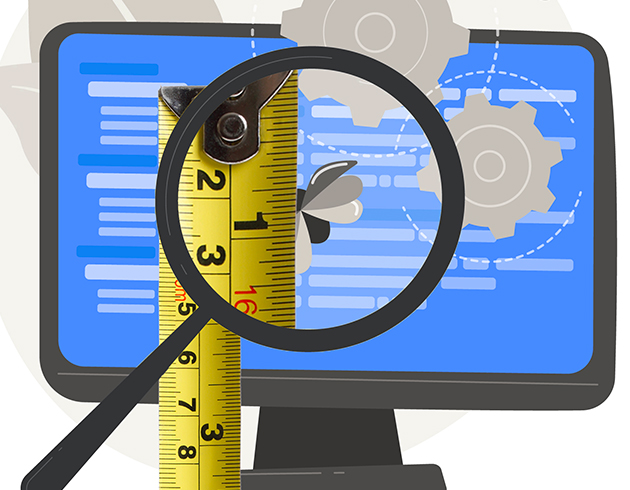Here’s a theory worth testing: focusing on your customer should correlate to your success. Alienating your customer should have the opposite effect. This shocking conclusion will have measures in leads and sales. But what are some ways you can monitor your customer focus along the way?
You’re surely well versed in the importance of customer retention programs (hopefully, it’s a tune you can’t get out of your head). So you know about closing the holes of no contact and disinterest that cause customers to wander to your competitors.
And before you get to that point, you know your marketing programs are geared to the benefits your customers will receive and the guarantees they can expect. (Not features and tech-speak that you like to recite. Or photo albums of your favorite service vehicle.)
These marketing messages will typically point to one place. And it’s not the front door to your shop, or the passenger side of your service vehicle, but the home page of your website. Your call to action will have a phone number, yes. But most folks are taking another step first, and that’s a visit to your URL.
So, how well does your website focus on the prospect who you want to become your customer? Look to these measures:
Usability – This is your site’s ease of use, which is critical for prospects with a 3-second attention span. Have you tested your site to see how easy it is for visitors to complete tasks, such as filling out a contact form? How easy is your site to read? Is the copy clear and the type legible? Is your website responsive, meaning it can be viewed and easily navigated on any size device – smartphone, desktop or tablet?
If you’re not sure about your site’s ease of navigation, run a usability test. Ask a small group of people both familiar with your company and unfamiliar with your company, how well they access, navigate and complete tasks.
Another factor that’s important anywhere on the Web:
Security – If you’re not selling products and accepting credit cards, you may wonder how important site security really is. But you don’t want any of your customer data in the hands of people who wish to create harm or play bizarre hacking games just to prove they can.
For starters, protect your network against viruses, spyware and malicious code. Keep these tools regularly updated. Secure your Wi-Fi access. Also, establish policies for how employees should use the personally identifiable information of your customers, and educate them on safe social media practices. It would be regrettable to reveal competitive secrets or embarrass a customer with an inappropriate post – or, just as bad, clicking the clearly enticing link that sends spam to other social media accounts.
Security lapses can take a hit where it hurts. Your…
Reputation – The professionalism of your website and other marketing programs affect your image; excellent customer service builds your reputation. Online, that means timely responses to email and forms that prospects complete. Use professionalism in your auto-responders. Being responsive on social media is key as well.
Online review sites are also important to your reputation. Serve customers well enough that they will give you a positive review. And help them make that happen. In follow-up emails, consider asking customers if they’d be willing to post a review, providing links to the most popular sites.
Being responsive to customers isn’t easy, but it’s essential. Remember, if you don’t serve your customers, your competitors will.

